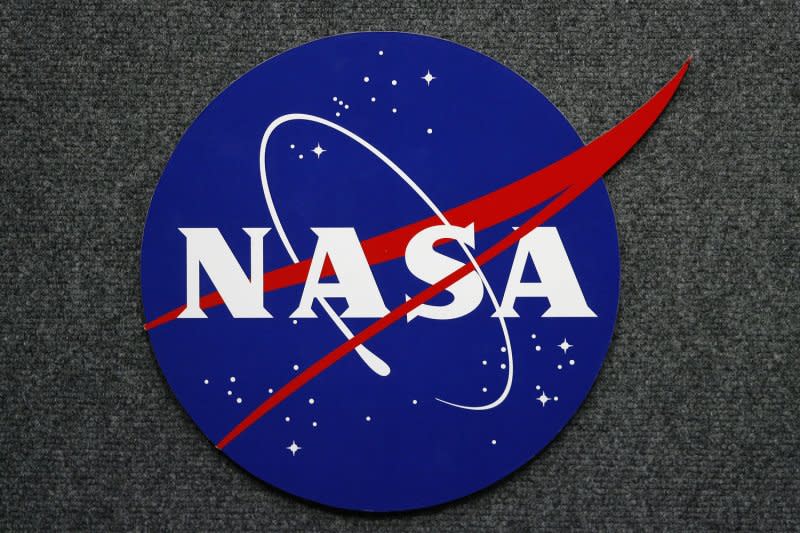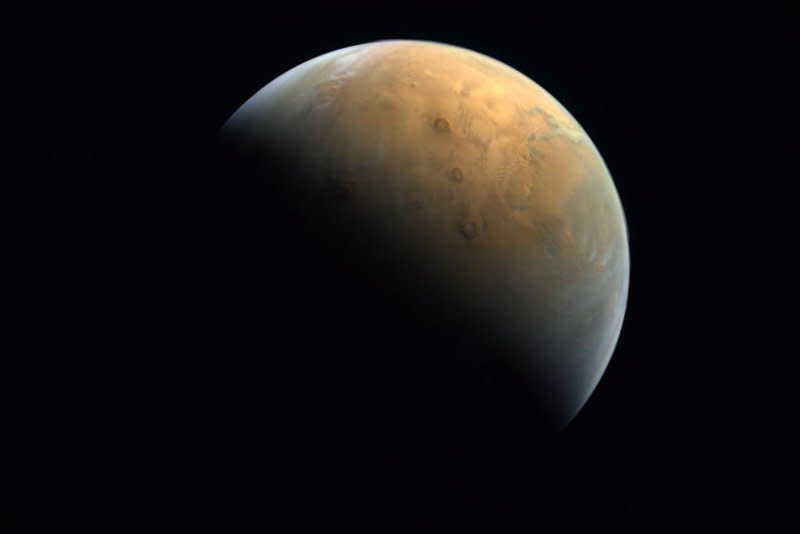Senate expresses 'significant concerns' over NASA's Mars sample-retrieval plan

July 19 (UPI) -- NASA's plans to retrieve samples of soil from Mars and fly them back to Earth seemingly is in deep trouble with a Senate committee.
On Wednesday, a Senate appropriations committee offered only $300 million for the plan for the fiscal year 2024, well short of the $949 million for which the space agency is asking.
The mission requires several vehicles. The Perseverance rover, which is already on Mars, is currently scooping up Mars soil samples. The European Space Agency would supply a "fetch" vehicle that would capture the samples and deliver the orbiting space vehicle.
That vehicle then would rendezvous with an ESA Earth Return vehicle that would transport the samples.
Senate appropriators are not only questioning the cost of the project but the viability of the project, as well.

"The committee has significant concerns about the technical challenges facing [Mars Sample Return] and potential further impacts on confirmed missions, even before MSR has completed preliminary design review," the Appropriations Commerce, Justice, Science, and Related Agencies committee said in a statement.
The committee is giving NASA 180 days following the bill's enactment to provide a year-by-year budget breakdown for MSR that fits into the $5.3 billion lifecycle cost outline that was part of the agency's 2022 Planetary Science Decadal Survey.
"The committee notes that MSR is the highest priority of the 2022 Planetary Science Decadal Survey to cache and returns samples to Earth," the committee said.
"However, the committee is alarmed that despite Congress providing the full request for this mission in prior years for a total of $1,739,000,000, the expected launch schedule continues to slip and the increasing fiscal and human resources devoted to MSR is causing NASA to delay other high priority missions across the Science Mission Directorate."
Senators also noted that NASA has convened an independent review board to assess the technical feasibility, schedule, and costs of the mission but has not received the results. They gave NASA about four months to give them that review.

